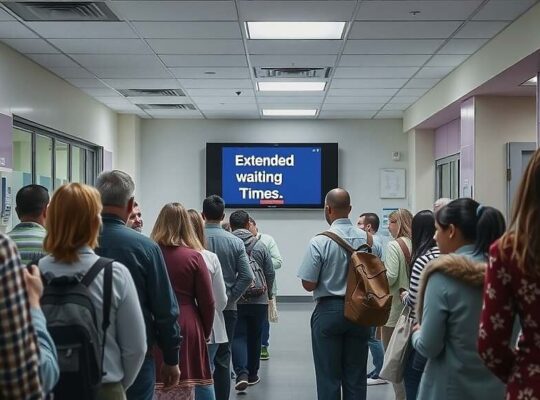The abrupt decision by the German Defense Ministry to halt the conversion of former Bundeswehr (German Armed Forces) properties into civilian use is triggering concern and frustration among municipalities across the nation. Christian Schuchardt, CEO of the German Association of Cities (Deutscher Städtetage), voiced sharp criticism, highlighting the significant challenges the moratorium presents to local communities.
The decision, ostensibly driven by the altered security landscape following Russia’s invasion of Ukraine, effectively freezes plans that many towns and cities had meticulously developed. These included repurposing vacant military sites for much-needed housing, student accommodation and the creation of contemporary urban districts. The standstill directly undermines previously held promises and expectations within those communities, leaving residents feeling misled and projects stalled.
While acknowledging the necessity of adapting to a changed geopolitical environment, Schuchardt underscored the critical need for greater transparency from the federal government. The current lack of clear communication concerning the future of these properties is deeply problematic. Municipalities require timely information regarding the outcomes of assessments and the rationale behind decisions.
The announcement detailed that 187 former military properties, currently managed by the Federal Agency for Real Estate Tasks (BImA), are subject to the freeze, deemed potentially suitable for future Bundeswehr use. Furthermore, 13 properties currently operated by the military will not be decommissioned as previously scheduled.
The situation raises questions regarding the government’s long-term planning and its impact on regional development. Critics argue that a blanket halt to conversion projects, without exploring alternatives like co-location of new barracks or partial property releases, represents a missed opportunity to address pressing societal needs and risks exacerbating existing tensions between national security and local priorities. The lack of consultation with affected municipalities prior to the decision has also fueled accusations of a top-down approach that disregards the needs and concerns of local communities.












